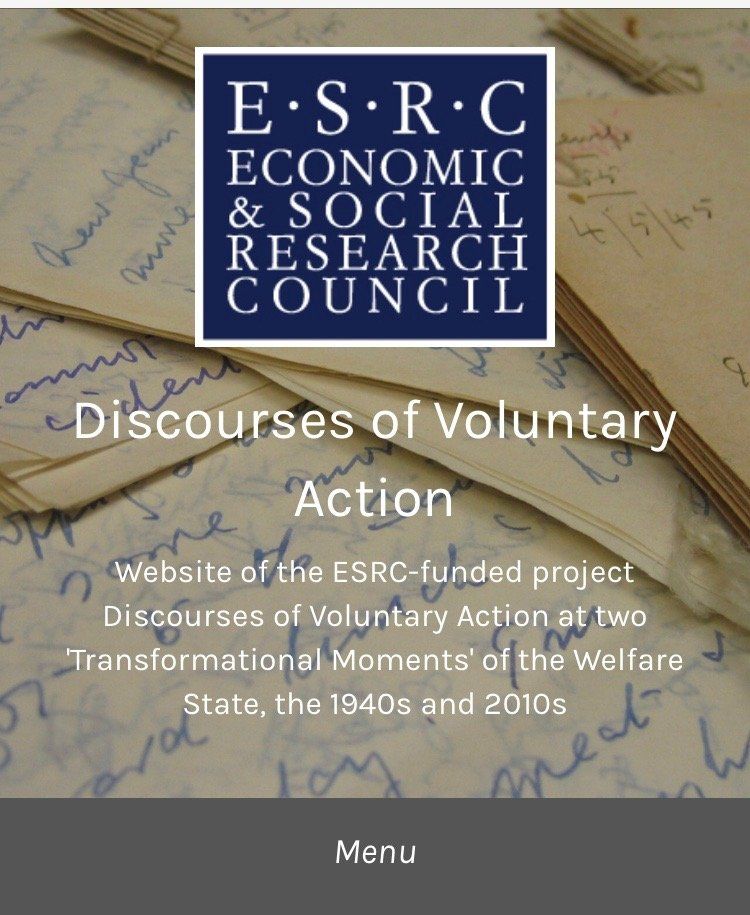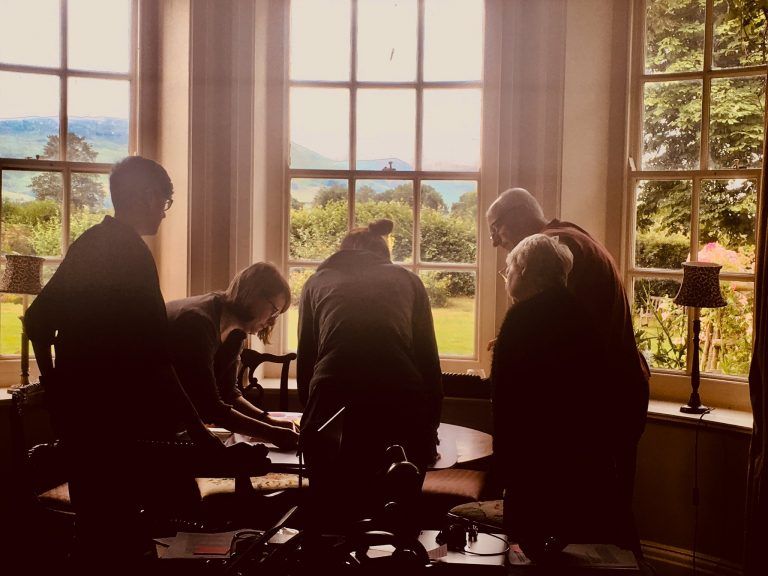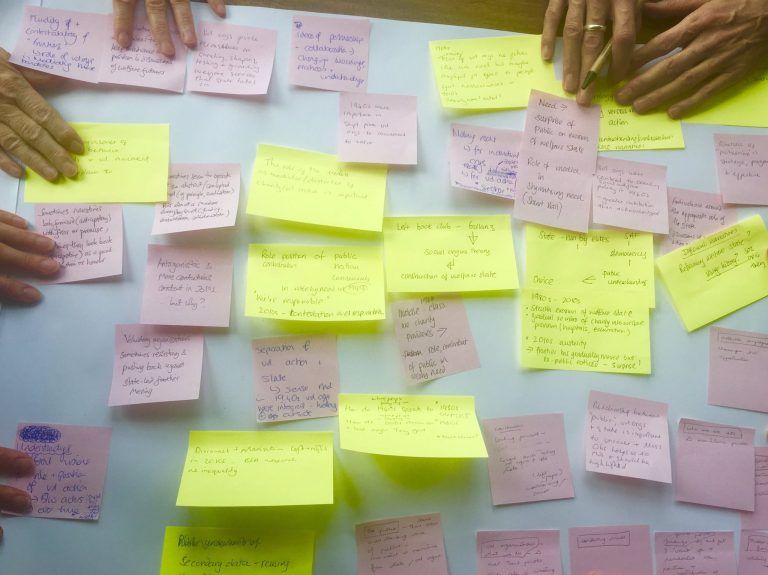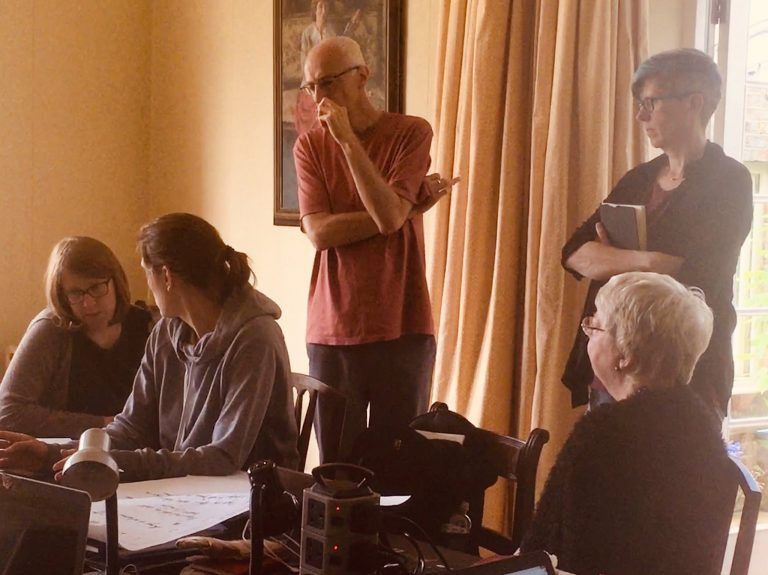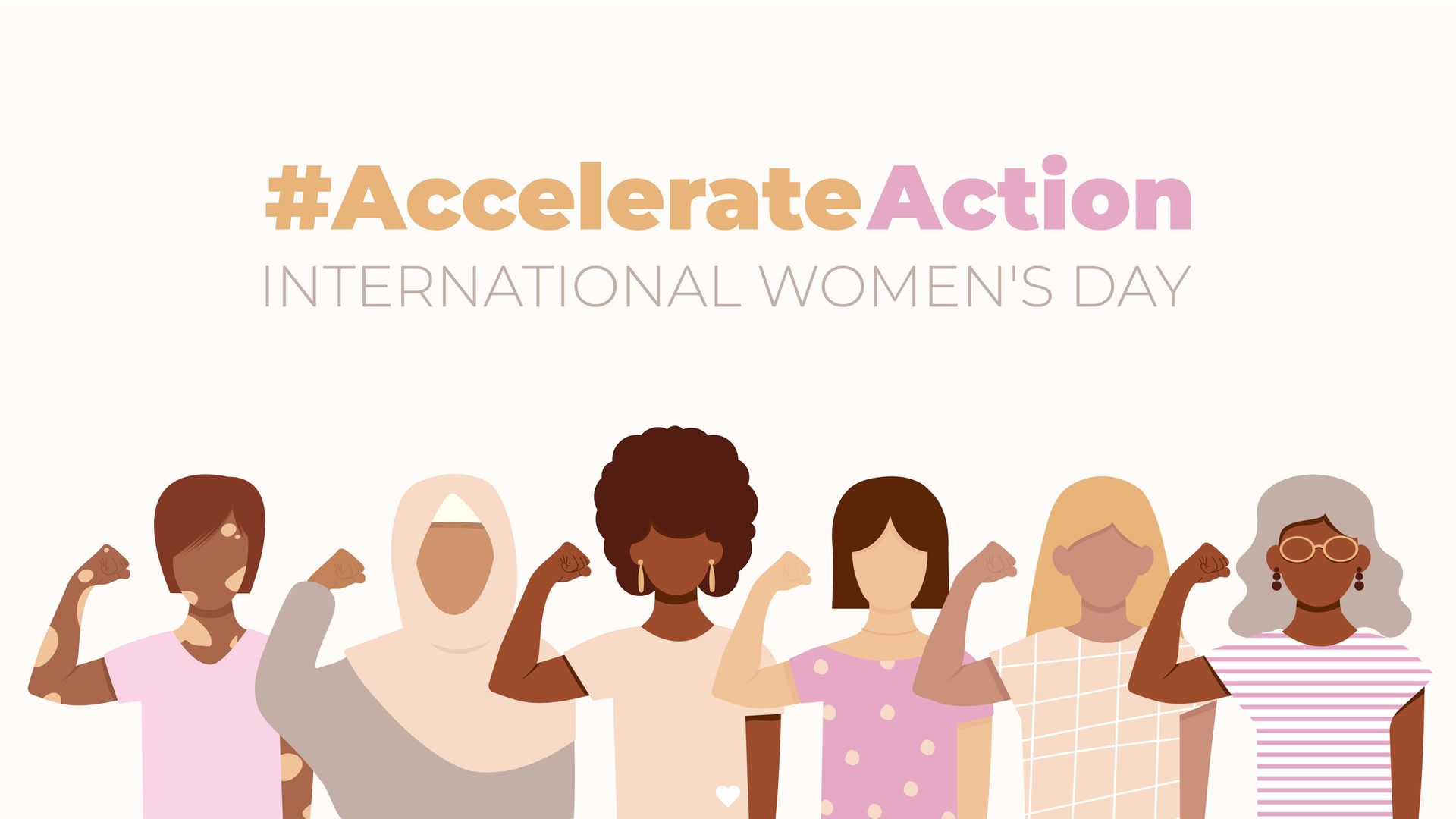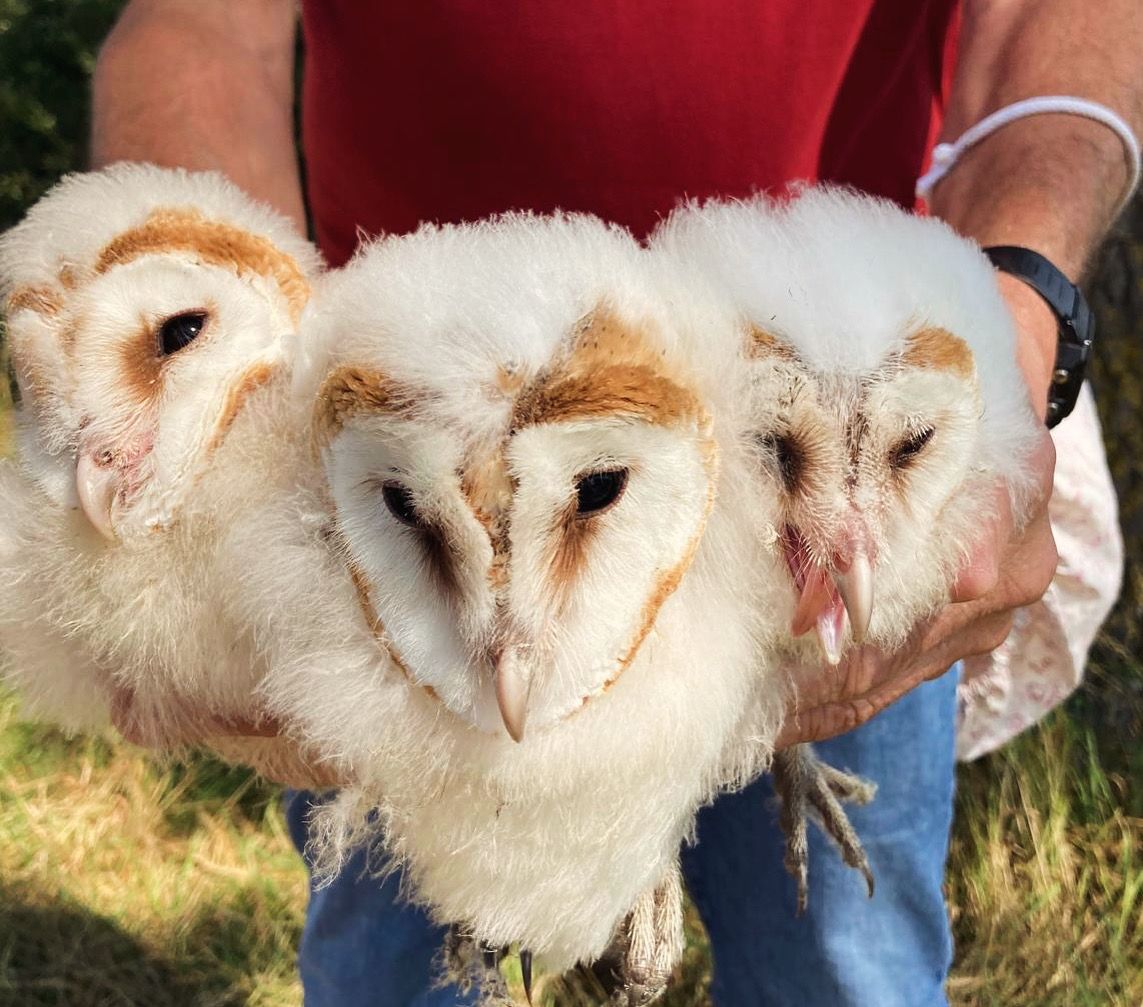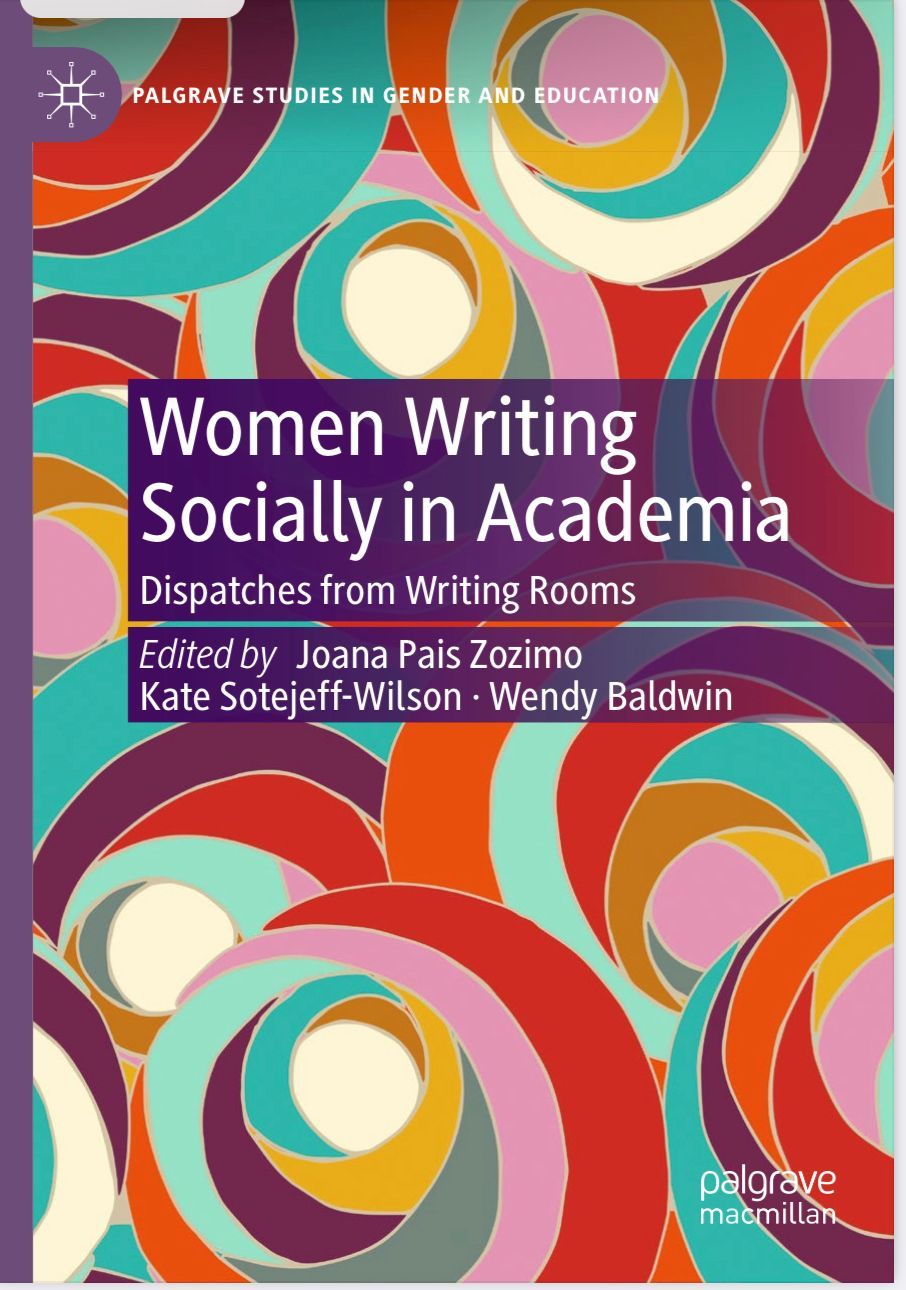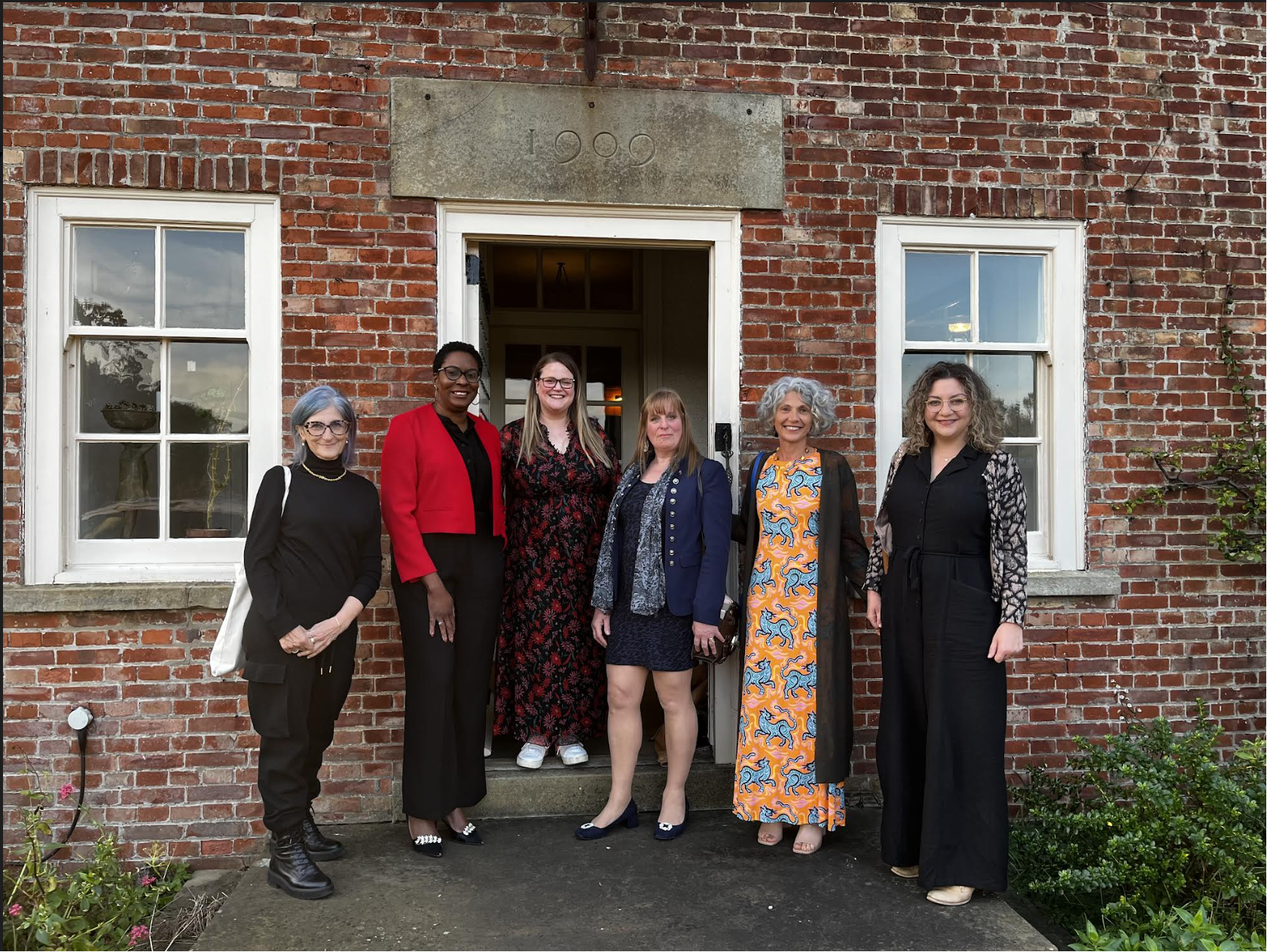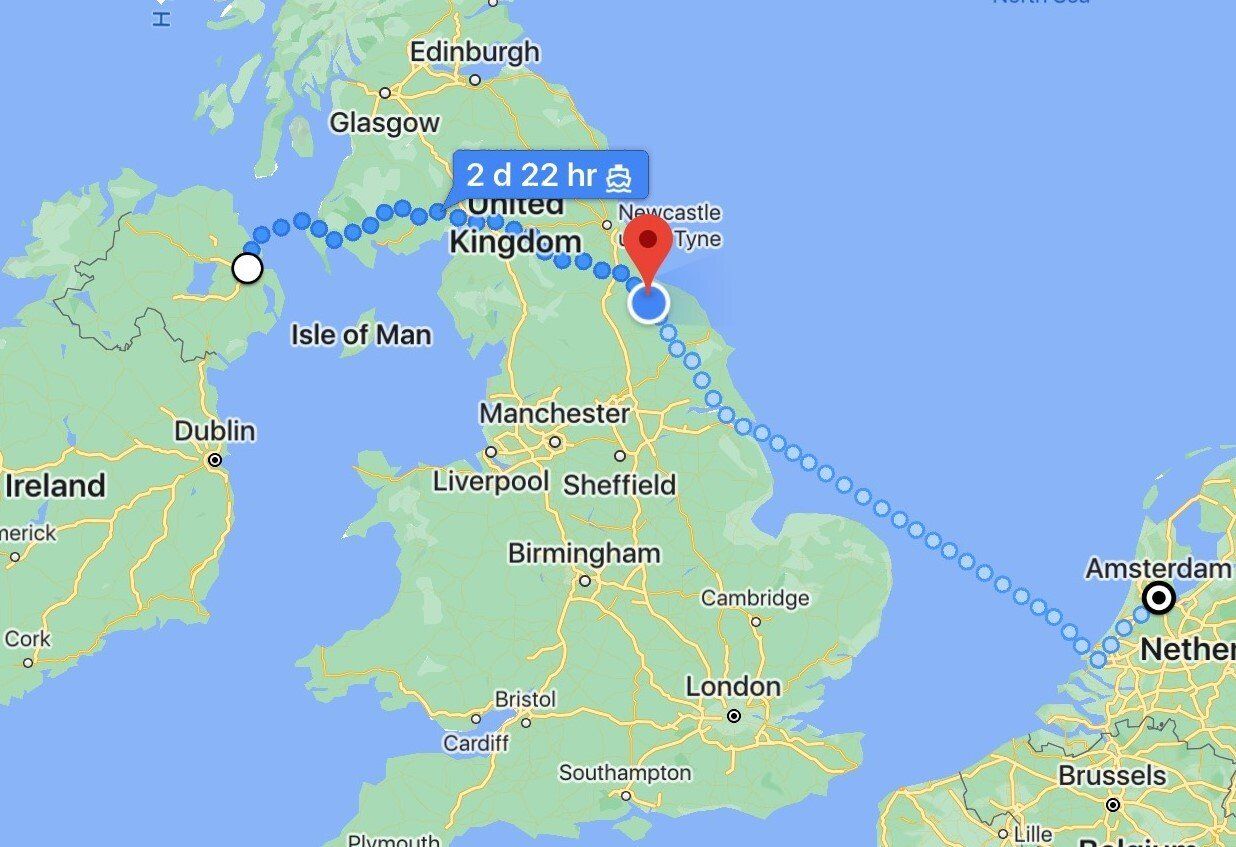A Planning Retreat: A Retreat with a difference!

As the academic year drew to an end, I was approached by Dr Georgina Brewis, (UCL Institute of Education) who was keen to organise a closed Academic Retreat which would bring together scholars working on the same ESRC-funded project (https://discoursesofvoluntaryaction.wordpress.com /).
The aim of the five academics involved (Georgina Brewis (UCL), Irene Hardill (University of Northumbria) , Angela Ellis Paine (University of Birmingham), Rose Lindsey (University of Southampton) and Rob Macmillan (Sheffield Hallam University)) was for participants to convene in a rural residential space – away from it all! – put their heads together and flesh out ideas which had been explored mostly remotely. A lot of work had already been done, individual papers had been presented at conferences, but the overwhelming feeling was that in order to deliver two co-authored papers and put together a viable, strong book proposal, something more was needed. The physicality of being together and the opportunity to focus in a quiet rural location, where all the practicalities of the daily routine would be taken care of, and the day was structured and guided by an external facilitator, seemed like the best way forward.
Would we take on the challenge?
Our experience until now had been in delivering Academic Writing Retreats https://www.chapelgarth-estate.co.uk/retreats ). As the name suggests, such retreats are all about writing – the process of all sitting around the table, writing in social spaces, with individuals focusing on delivering the work during the writing slots. It is customary in many such retreats (particularly those following Rowena Murray’s Writing Retreat model), to measure the success of a Retreat on the number of words written. Goals are often numerically measured in words; productivity has a word count. This retreat would be different, as the aim was more on engaging in interdisciplinary discussions, planning, allocating tasks and coming away with an agreed sense of direction and timeline. As far as WRC (Writing Retreats at Chapelgarth https://www.chapelgarth-estate.co.uk/retreats
) were concerned, clearly we would be navigating unchartered waters, but we were heartened by the knowledge that we were dealing with seasoned and experienced academics with a sound vision about their project.
From Day 1 it was clear that ‘rule one’ of the Academic Writing Retreat ‘Rule Book’ – effectively ‘shut up and write’ during the writing slots – needed to be re-written. Planning a co-authored paper could not be confined to the customary fifteen minutes ‘writing warm up’ prior to the one-and -a- half hour writing slots: goals for the sessions would be set, but discussion-flowing was a vital element of this retreat. Team work was of essence. Some of the tools we provided proved strategic. The flip board shared around a round table and post-it notes were essential for breaking down the different thought processes and for navigating agreed perspectives on a common narrative and approach for the paper. The choice of journal for the paper for submission was an equally sensitive task which needed to be weighed up carefully in view of the interdisciplinary nature of the group and the project.
On Day 2, which focused on the book proposal, combining flip-charts and post-it notes seemed to yield results. Participants collated individual flip-charts by using post-it notes with specific ideas. Each flip-chart was then compared and, as ideas converged, post-it notes were moved and arranged in a communal reflective poster. Once each poster was collated, each poster was given a title: each poster, as it turned out, was the makings of a chapter of the book.
Once the planning was completed and the structure of the book emerged, it was time to do some writing. Again, this process could not neatly follow the conventions of our regular Academic Writing Retreats. ‘Rule two’ – avoid using the internet! – also had to be broken: the need to work on a common, shared document meant that all participants needed to access a shared Dropbox File, where the relevant initial draft of chapter to the book had previously been stored. It was clearly worth accessing the Wi-Fi for this shared project.
The Book Project File, containing the different chapters, could now be allocated for reworking to each member of the group. Following an intense writing session, participants sent colleagues their draft chapter to review at home. Other tasks allocated around the book proposal included editing, addressing competition analysis and target audience.
Day 3 was about revising a second paper abstract. After some discussion, roles were allocated and the group was divided into two sub-groups working in different rooms on separate tasks. The outcome of the discussions showed the importance of being flexible with the approach and with the allocation of the space – hosting a Planning Retreat is all about keeping an open mind! The main outcome is that progress is made..
Conclusions
It was clear at feedback and round-up time that such progress had been ‘exponential’, as the PI of the project, Irene Hardill, revealed to me, as she reflected on the outcomes of the Planning Retreat.. ‘The retreat also strengthened us as a team’, she later added.. what more could I wish for?
I was delighted to receive the following confirmatory emails a couple of days after the retreat:
The retreat was especially timely for the project, we had outline plans for each academic output, but being co-located at Chapelgarth enabled us to have the time for combining deep thinking and lively debate, which resulted in exponential progress with our writing plans (IH)
We had a wonderful and very productive time at Chapelgarth. In fact, we submitted our full book proposal exactly one week after leaving the retreat, which is really great news! (Georgina Brewis, UCL).
Great News Indeed!
If you are planning a collaborative project – whether a co-authored book or a joint grant proposal – and feel the need to convene in a quiet, homely environment where groups’ ideas can take shape, grow and translate into words, do get in touch.

